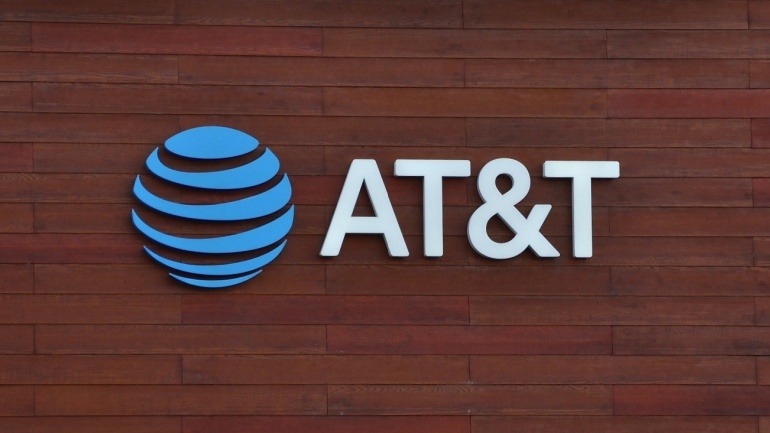The merger between EdgeMode and BlackBerry AIF (BAIF) is set to redefine AI infrastructure by jointly managing 4.4 gigawatts of data center capacity across Europe. With a focus on high-density, renewable-powered solutions, this strategic union aims to meet the escalating demands for AI-driven infrastructure.
Vodafone Idea is advancing India’s telecom infrastructure by expanding its 5G network to 23 more cities, including Ahmedabad and Jaipur. This strategic rollout leverages AI-driven Self-Organising Networks for optimized performance. By partnering with Nokia, Ericsson, and Samsung, Vodafone Idea ensures robust 5G coverage.
Google Fiber and Nokia are redefining home internet with network slicing, enabling dynamic prioritization of applications like gaming and video calls. This breakthrough could support emerging needs such as AI and VR while enhancing security through temporary slices for sensitive tasks.
Ericsson and e& UAE have embarked on a transformative three-year initiative to enhance the UAE’s 5G network. By deploying Ericsson’s cutting-edge radio technology, the collaboration aims to introduce 5G Advanced features and achieve a significant commercial rollout of Reduced Capability in the Middle East and Africa.
The U.S. Department of Justice has approved HPE’s $14 billion merger with Juniper Networks under strict conditions. To maintain market competition, HPE will divest key wireless networking assets and license Juniper’s AI software. The deal aims to boost U.S. technological leadership while addressing antitrust concerns.
After criticizing AT&T for a conference call glitch, Donald Trump hinted at switching providers while promoting his new mobile venture. AT&T denied fault, citing a third-party platform. The timing is critical as the company faces scrutiny over past data breaches and ongoing lawsuits.
Luxembourg’s advanced digital infrastructure makes it an ideal headquarters for SatCo, the joint venture between Vodafone and AST SpaceMobile. This strategic move aims to deliver direct-to-device satellite broadband across Europe, enhancing digital sovereignty.
Virgin Media O2’s strategic acquisition of 78.8 MHz spectrum from Vodafone for £343 million is a game-changer in the UK telecom landscape. This move enhances connectivity for both consumers and businesses, boosting mobile coverage and service quality.
Verizon Business is revolutionizing the UK’s industrial sectors by turning them into digital highways through strategic partnerships like the one with Thames Freeport. This ambitious project leverages 5G technology to propel AI and IoT applications in manufacturing and logistics, aiming for 200% revenue growth by 2025.
KDDI and HPE are set to revolutionize Japan’s digital landscape with their upcoming AI data center in Osaka. This collaboration aims to boost AI application development and LLM training. With Nvidia’s Blackwell architecture and advanced cooling, this facility promises peak performance and sustainability.













